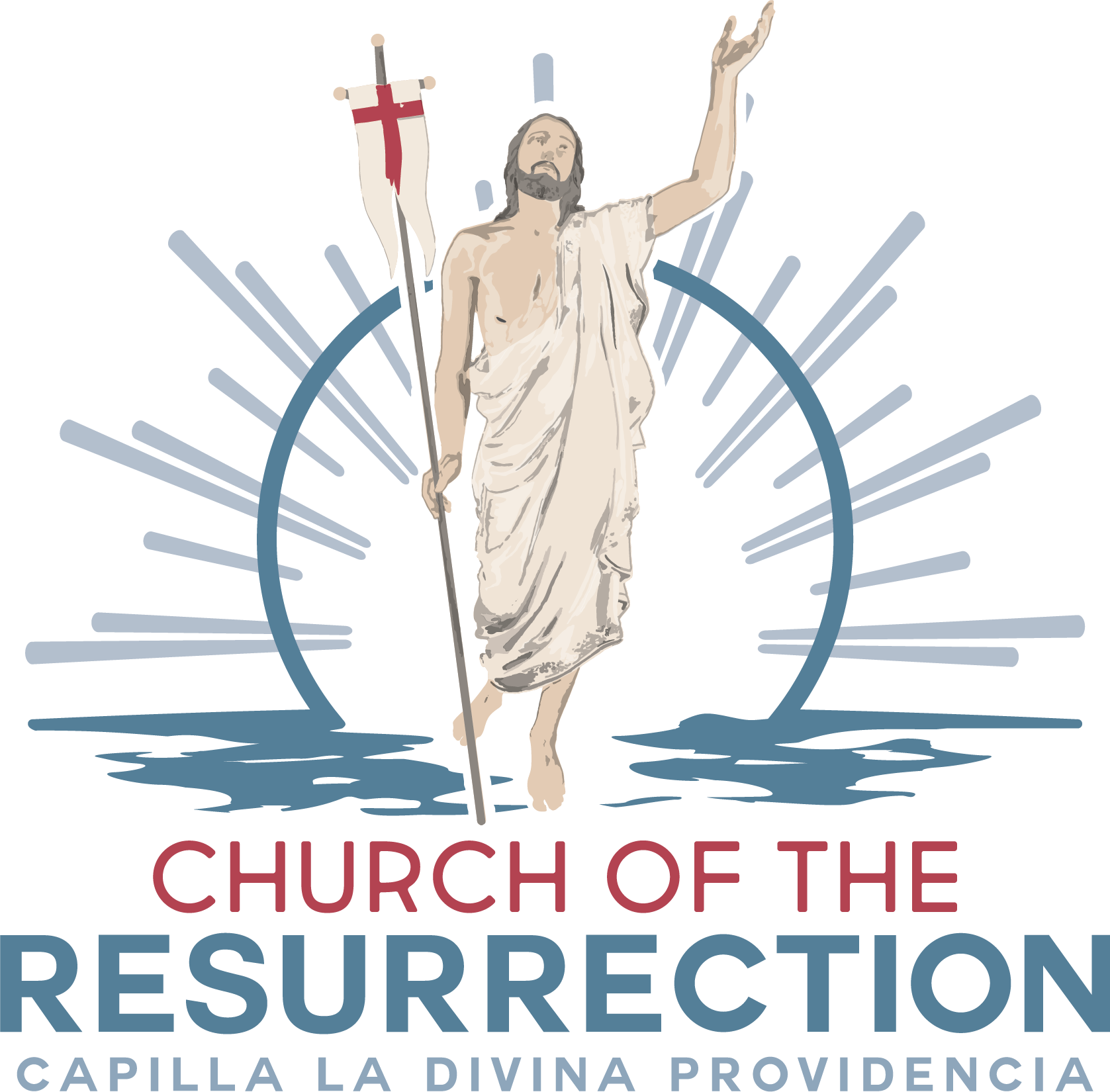Becoming Catholic
The liturgical life of the Church revolves around the sacraments, with the Eucharist at the center (National Directory for Catechesis, #35). At Mass, we are fed by the Word and nourished by the Body and Blood of Christ. We believe that the Risen Jesus is truly and substantially present in the Eucharist. The Eucharist is not a sign or symbol of Jesus; rather we receive Jesus himself in and through the Eucharistic species. The priest, through the power of his ordination and the action of the Holy Spirit, transforms the bread and wine into the Body and Blood of Jesus. This is call transubstantiation.
By the consecration the transubstantiation of the bread and wine into the Body and Blood of Christ is brought about. Under the consecrated species of bread and wine Christ himself, living and glorious, is present in a true, real, and substantial manner: his Body and his Blood, with his soul and his divinity. (CCC 1413)
The New Covenant
I am the living bread that came down from heaven; whoever eats this bread will live forever;…Whoever eats my flesh and drinks my blood has eternal life and…remains in me and I in him. (John 6:51, 54, 56)
In the gospels we read that the Eucharist was instituted at the Last Supper. This is the fulfillment of the covenants in the Hebrew Scriptures. In the Last Supper narratives, Jesus took, broke and gave bread and wine to his disciples. In the blessing of the cup of wine, Jesus calls it “the blood of the covenant” (Matthew and Mark) and the “new covenant in my blood” (Luke).
This reminds us of the blood ritual with which the covenant was ratified at Sinai (Ex 24) -- the sprinkled the blood of sacrificed animals united God and Israel in one relationship, so now the shed blood of Jesus on the cross is the bond of union between new covenant partners -- God the Father, Jesus and the Christian Church. Through Jesus’ sacrifice, all the baptized are in relationship with God.
The Catechism teaches that all Catholics who have received their First Holy Communion are welcome to receive Eucharist at Mass unless sin a state of mortal sin.
Anyone who desires to receive Christ in Eucharistic communion must be in the state of grace. Anyone aware of having sinned mortally must not receive communion without having received absolution in the sacrament of penance. (CCC 1415)
The Church warmly recommends that the faithful receive Holy Communion when they participate in the celebration of the Eucharist; she obliges them to do so at least once a year. (CCC 1417)
Receiving the Eucharist changes us. It signifies and effects the unity of the community and serves to strengthen the Body of Christ.
Understanding the Mass
The central act of worship in the Catholic Church is the Mass. It is in the liturgy that the saving death and resurrection of Jesus once for all is made present again in all its fullness and promise – and we are privileged to share in His Body and Blood, fulfilling his command as we proclaim his death and resurrection until He comes again. It is in the liturgy that our communal prayers unite us into the Body of Christ. It is in the liturgy that we most fully live out our Christian faith.
The liturgical celebration is divided into two parts: the Liturgy of the Word and the Liturgy of the Eucharist. First we hear the Word of God proclaimed in the scriptures and respond by singing God’s own Word in the Psalm. Next that Word is broken open in the homily. We respond by professing our faith publicly. Our communal prayers are offered for all the living and the dead in the Creed. Along with the Presider, we offer in our own way, the gifts of bread and wine and are given a share in the Body and Blood of the Lord, broken and poured out for us. We receive the Eucharist, Christ’s real and true presence, and we renew our commitment to Jesus. Finally, we are sent forth to proclaim the Good News!
The Sacrament of the Eucharist
The holy Eucharist completes Christian initiation. Those who have been raised to the dignity of the royal priesthood by Baptism and configured more deeply to Christ by Confirmation participate with the whole community in the Lord's own sacrifice by means of the Eucharist.
At the Last Supper, on the night he was betrayed, our Savior instituted the Eucharistic sacrifice of his Body and Blood. This he did in order to perpetuate the sacrifice of the cross throughout the ages until he should come again, and so to entrust to his beloved Spouse, the Church, a memorial of his death and resurrection: a sacrament of love, a sign of unity, a bond of charity, a Paschal banquet in which Christ is consumed, the mind is filled with grace, and a pledge of future glory is given to us.
Catechism of the Catholic Church 1322 & 1323



